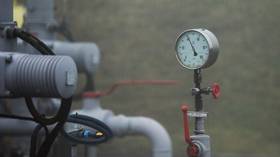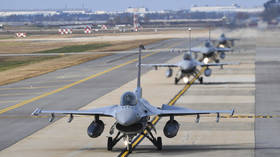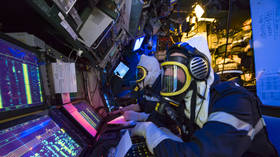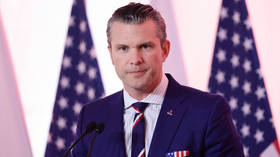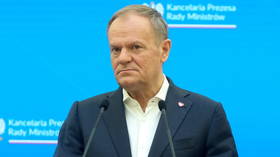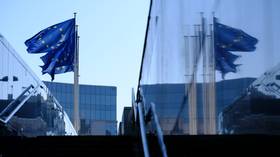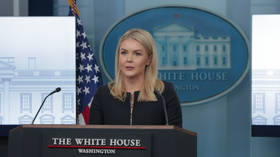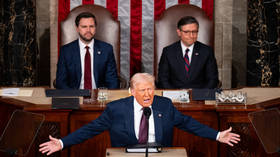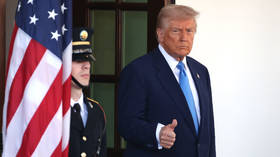EU regulator issues warning on gas price cap
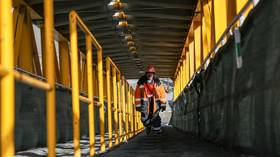
The EU price cap on natural gas is unlikely to lower costs for consumers and businesses if countries continue to rush to replenish their depleted reserves, the head of the EU Agency for the Cooperation of Energy Regulators (ACER), Christian Zinglersen, has warned.
In an interview with the Financial Times on Tuesday Zinglersen called the so-called ‘market correction mechanism’ agreed by the bloc’s ministers “unprecedented, untested.” He expressed doubt that it could help prevent the types of price hikes that sent shockwaves across European energy markets in the summer, saying that he would be “reluctant to rely on this gas price cap.”
On Monday, EU energy ministers agreed to set an emergency price cap on wholesale gas at €180 ($191) per megawatt-hour (MWh), which will be triggered if Dutch TTF natural gas futures exceed the set limit for three days. In August, when EU states were rushing to fill their gas storage facilities for winter, prices reached a record high of more than €300/MWh.
While EU Energy Commissioner Kadri Simson believes that “with such a mechanism Europe will be better prepared for the next winter season,” Zinglersen is more cautious in his assessment, saying the bloc might have been better off focusing on other measures to contain the energy crisis.
“Obviously the gas price cap is being negotiated back and forth. . . risked pushing those other things that are hopefully a little less controversial but still super important,” he said, adding it was “a difficult creature.”
Economists warn that the price ceiling could cause European importers to face problems securing liquefied natural gas (LNG) deliveries because suppliers will favor Asia if prices there are higher. Concerns are also mounting that the recovery of demand in China could create an even more challenging situation in the LNG market next year, particularly given the increased consumption in the EU.
According to the International Energy Agency, without Russian gas supplies in 2023, the bloc could face a deficit of 30 billion cubic meters, a volume nearly corresponding to the annual consumption of the Netherlands.
For more stories on economy & finance visit RT's business section
